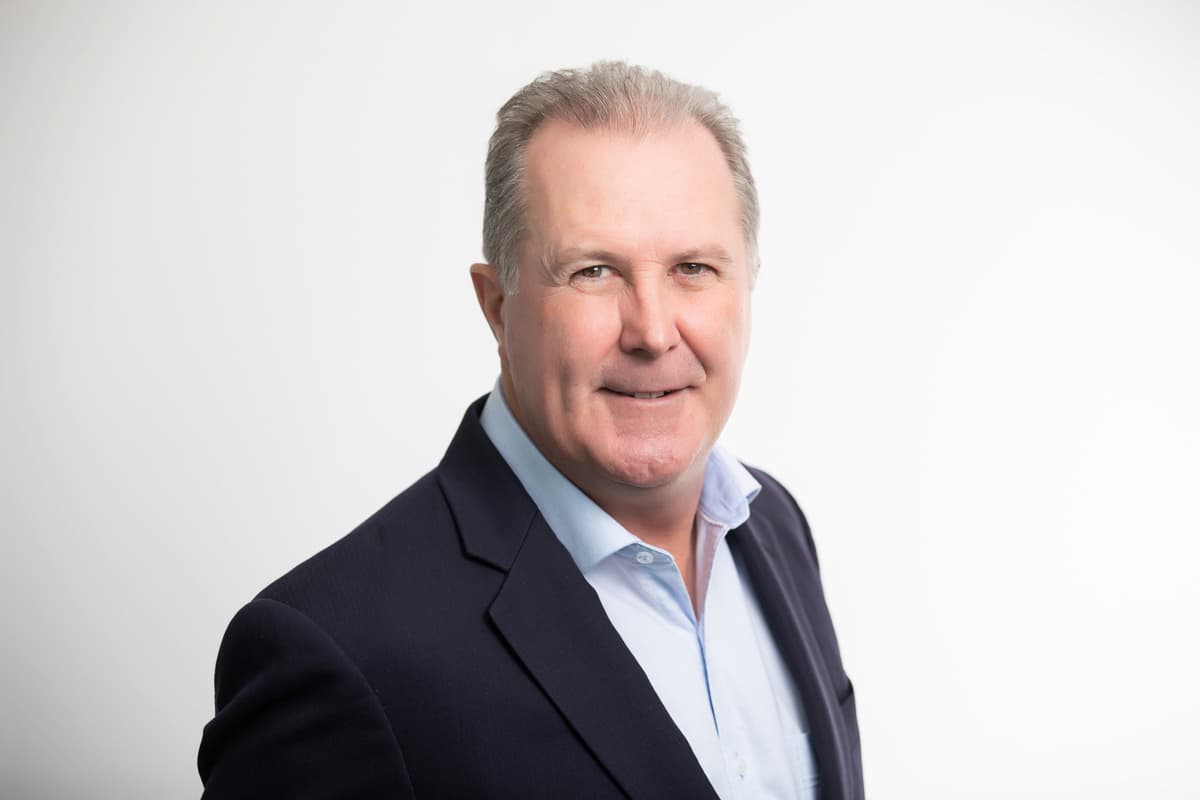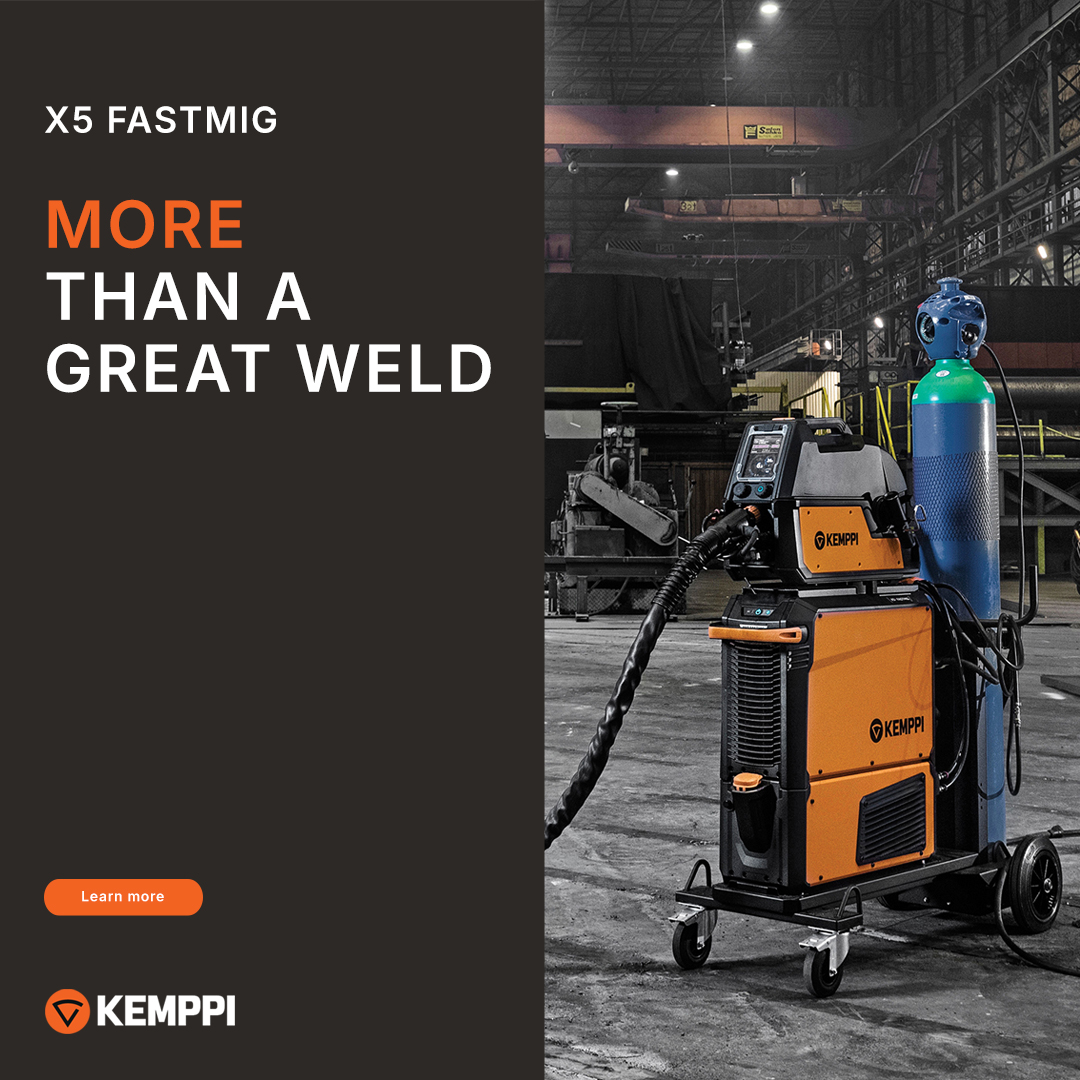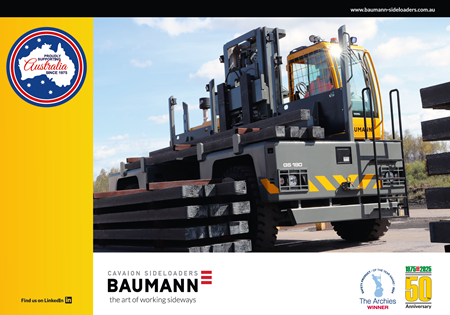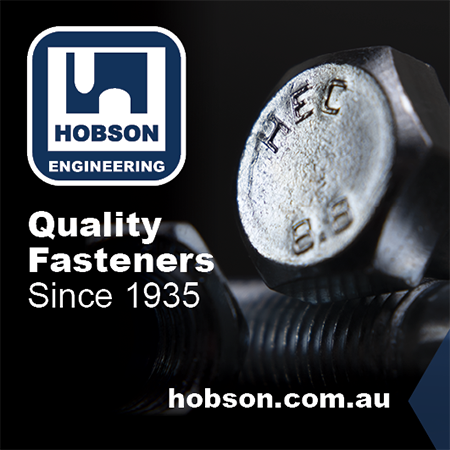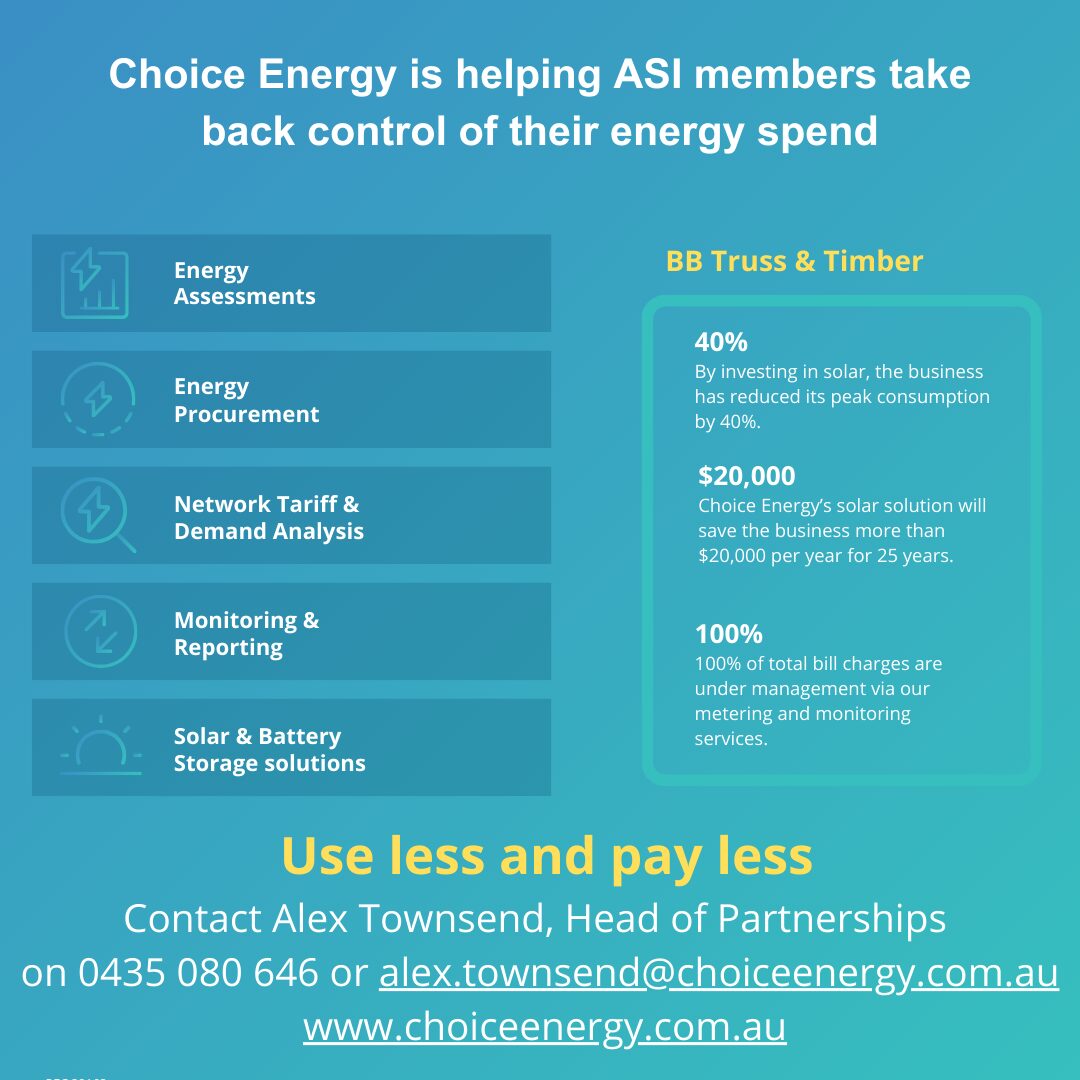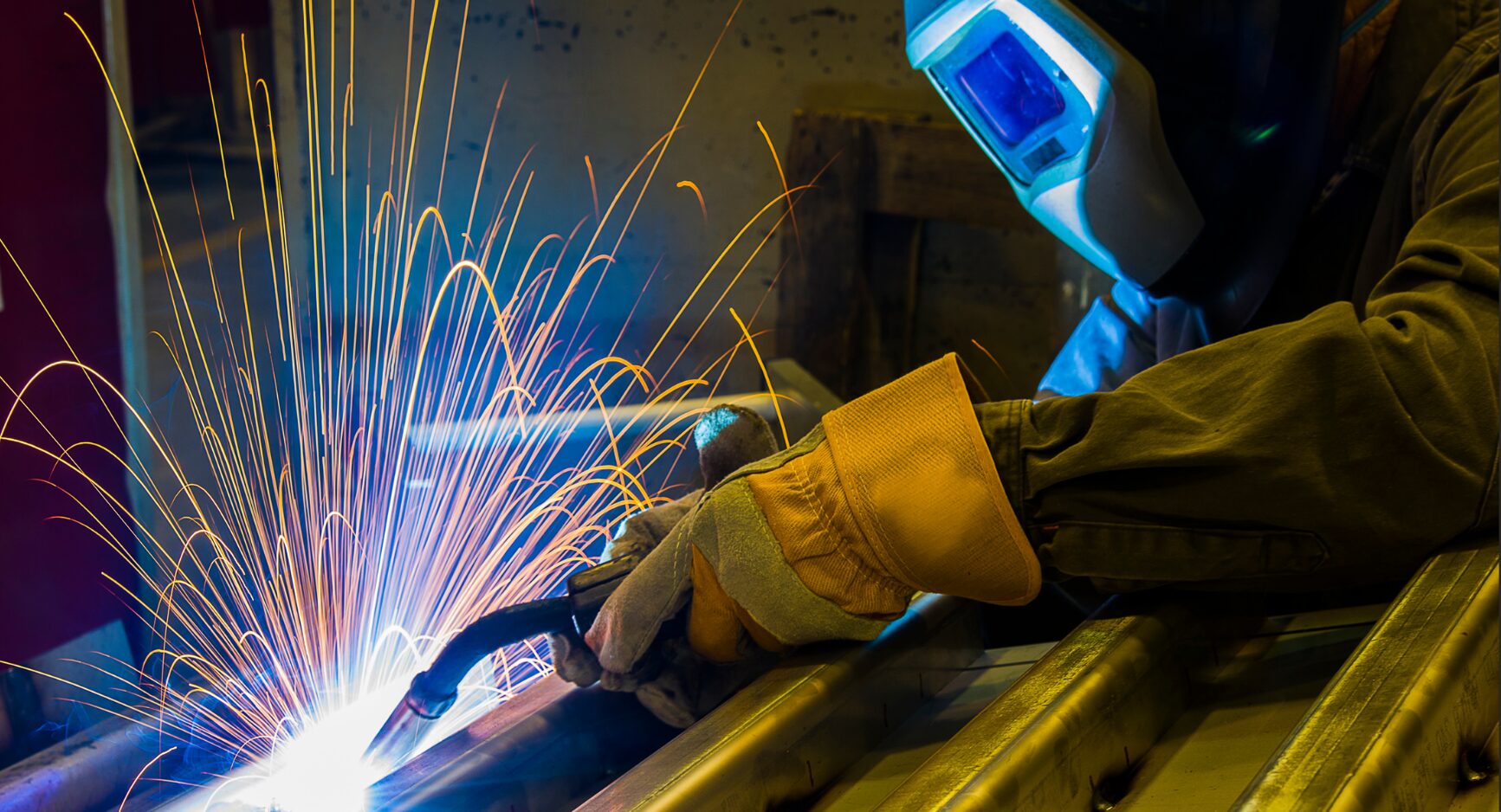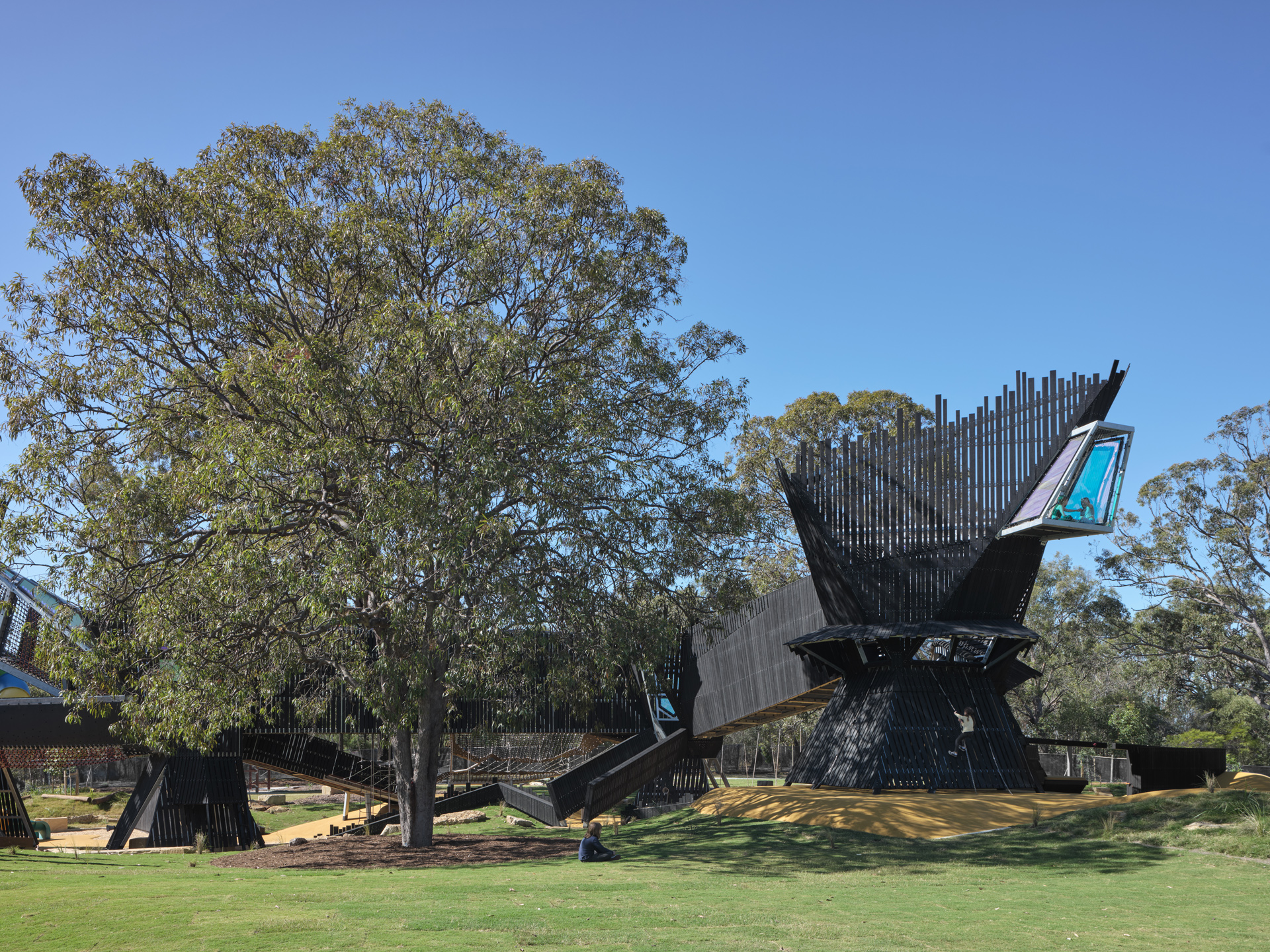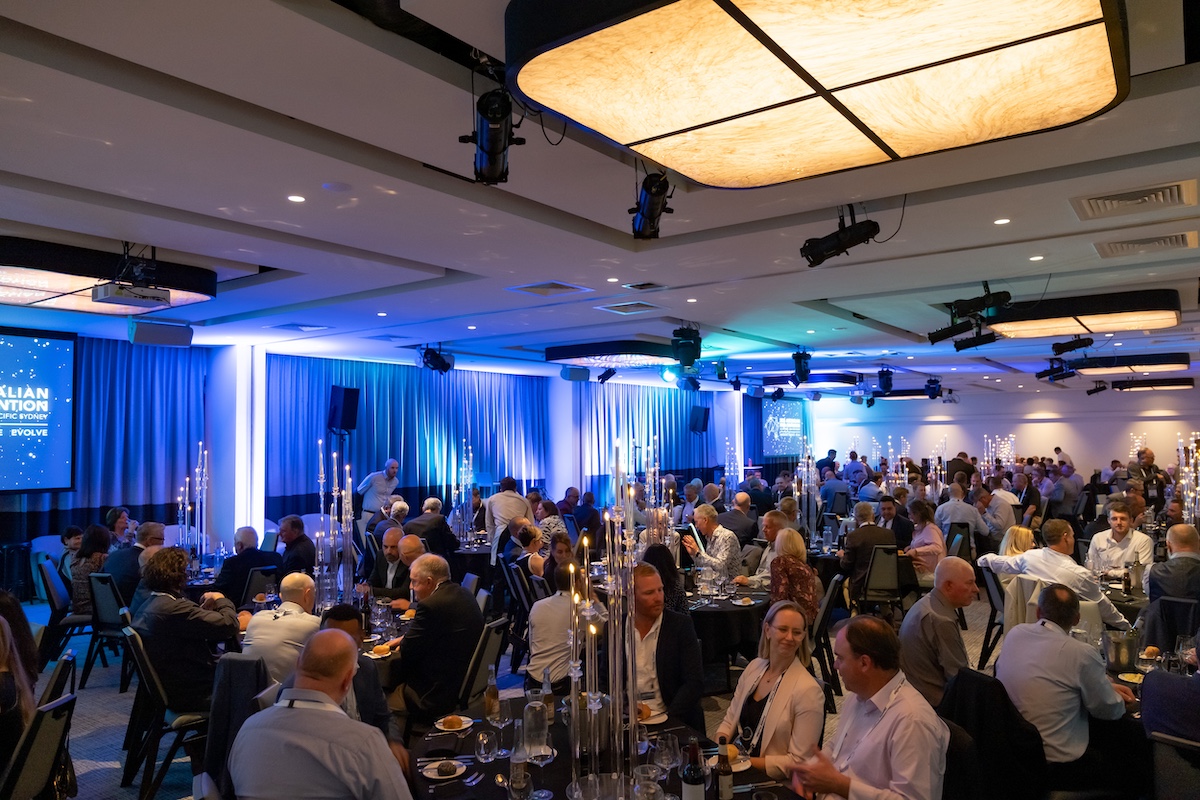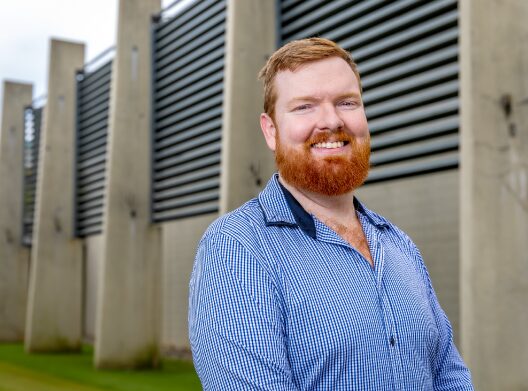The Australian Steel Institute (ASI) enjoyed strong activity and membership growth in 2024-2025 in a challenging year for the local steel industry.
ASI membership rose to a record 6,920 members (700 of those corporate members), with our certification schemes Steelwork Compliance Australia (SCA) and Steel Sustainability Australia (SSA) enjoying continued strong growth.
ASI was highly visible on ministerial bodies providing advice to federal and state governments on local content, renewables, green steel and sustainability, and in the media promoting Australian steel as the product of choice. The ramped-up activities reflect a difficult year for the local industry marked by a surge in imported fabricated steel entering Australia, the Whyalla Steelworks going into administration, and US Government’s tariffs impacting local producers.
Nationally, the ASI monitored and responded to the surge in imports by working with an Industry Advisory Group on trade measures. Our briefing paper was well received by the Department of Industry Science and Resources and the Federal Government’s Department of Foreign Affairs and Trade. We are now commissioning expert legal advice to support trade action. These next steps are critical to ensuring the viability of local fabricators in a market under pressure from very low-priced offshore supply.
ASI facilitated key discussions on renewable energy infrastructure in 2024-2025, bringing together members and project developers like ACEN Australia to showcase local capability and capacity. We were engaged by Federal Assistant Minister for Trade and Future Made in Australia Tim Ayres (now Minister for Industry and Innovation and Minister for Science) to advise on increasing local steel content in the renewable energy sector. We continue to believe renewable energy offers enormous potential for the local steel sector—provided local content is embedded in policy and project delivery.
On the compliance front, we’re proud to have promoted the release of WorkSafe Victoria’s 2024 guidance on the dangers of imported structural steel. This publication highlights the serious risks posed by steelwork that fails to meet Australian Standards, particularly where quality assurance systems are absent. I encourage our members to reference this when tendering—it’s a strong case for choosing certified, Australian-fabricated steel.
We also worked hard to improve regulator and government understanding of how well steel is positioned to support Australia’s economic development in a lower carbon future; and debunk negative claims by competing materials. We promoted the alignment between our industry and the Future Made in Australia program in terms of sovereign capability, skills development, employment opportunities and supply chain velocity of a vibrant local industry.
In Victoria, the ASI was pleased to attend the Steel Industry Roundtable alongside eight ASI-member fabricators, representatives from BlueScope and InfraBuild and then Minister for Jobs and Industry Natalie Hutchins (now Minister for Government Services). This direct engagement followed sustained ASI advocacy and may have helped influence Laing O’Rourke’s decision to award 650 tonnes of structural steelwork for the Eastern Freeway Upgrade to local fabricators Sutcliffe Engineering and Thornton Engineering and commit the remaining steelwork packages to local fabricators. It’s a strong result and a tangible win for local content.
Across the border in South Australia, we secured support from Minister Tom Koutsantonis and the Office of the Industry Advocate for our ASI SA Fabricators Forum, which was held in February 2025.
In Queensland, we engaged with the newly elected state government to reaffirm the previous commitment to mandate SCA certification to AS/NZS 5131 as a prequalification for steel fabricators working on government building projects. Encouragingly, the new government has indicated it is likely to support the adoption of this requirement through the appropriate channels. Looking forward, the ASI will continue to advocate for fair trade, and for the commercial and societal benefits.
In Western Australia, we met with Western Australia’s Minister for Energy and Decarbonisation, Manufacturing and Skills and TAFE, Amber-Jade Sanderson, and Premier Roger Cook seeking strong local content rules.
As always, we thank you—our members—for your commitment to quality and for being champions of the Australian steel industry.
Your support and input, along with the ongoing hard work of ASI staff and the Board, is very much appreciated.
Together, we are building a stronger, safer and more sustainable future.
Mark Cain
Chief executive, Australian Steel Institute

